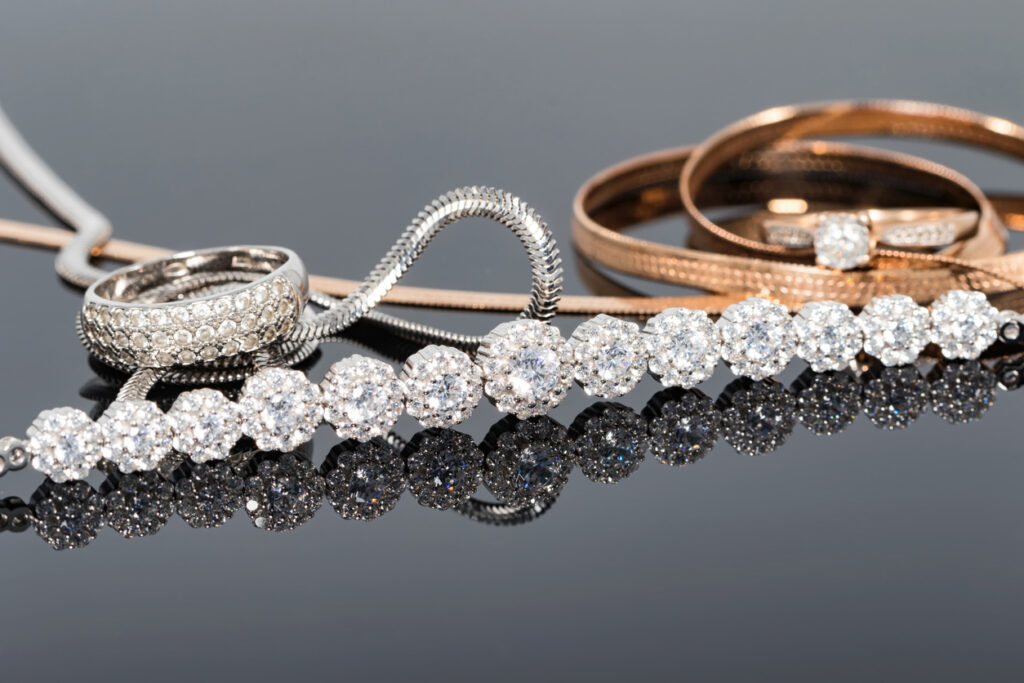A Tale of Love, Loss, and Litigation: The Engagement Jewellery Dispute in RI v NG
In a recent case before the Central Family Court, District Judge Ashworth presided over a fascinating dispute involving engagement jewellery, allegations of coercion, and the complexities of modern relationships. The case, RI v NG [2025] EWFC 9 (B), highlights the legal intricacies surrounding the return of gifts and the emotional turmoil that can accompany the end of a relationship.
The Background
The case revolves around Mr. RI, a 59-year-old man, and Ms. NG, a 42-year-old woman, who met in June 2023. According to Mr. RI, their relationship quickly blossomed into a whirlwind romance, leading to an engagement and plans for a wedding in May 2024. However, Ms. NG called off the wedding in April 2024, leading to a legal battle over the return of various items of jewellery that Mr. RI claimed were intended as wedding gifts.
The Legal Framework
The dispute was brought under the Married Women’s Property Act 1882, which allows the court to determine ownership of property between engaged parties who have terminated their agreement to marry. The court also considered the Law Reform (Miscellaneous Provisions) Act 1970, which presumes that an engagement ring is an absolute gift unless it can be proven that it was given on the condition it should be returned if the marriage did not take place.
The Evidence
During the hearing, both parties presented their versions of events. Mr. RI claimed that he had purchased several items of jewellery, including an engagement ring, a tennis bracelet, and other pieces, with a total value of £67,942. He asserted that these items were intended as wedding gifts and sought their return or a lump sum equivalent to their value.
Ms. NG, on the other hand, denied that the parties were ever engaged or that there was an impending wedding. She described Mr. RI as controlling and coercive, alleging that he planned the wedding without her consent. She admitted to receiving some jewellery but claimed that she had returned the items gifted to her and had no knowledge of the others.
The Court’s Findings
Judge Ashworth found Mr. RI to be a more credible witness than Ms. NG, noting inconsistencies in her evidence and a lack of plausible explanations for certain actions. The judge concluded that the parties were indeed engaged and that the jewellery in question had been purchased by Mr. RI with the intention of gifting it to Ms. NG upon their marriage.
The court determined that the engagement ring and other items were to be returned to Mr. RI, as the presumption of an absolute gift was rebutted by the fact that Ms. NG had called off the wedding. In the event that the items were not returned, Ms. NG was ordered to pay the value of the jewellery to Mr. RI.
Conclusion
The case of RI v NG serves as a poignant reminder of the legal and emotional complexities that can arise when relationships end. It underscores the importance of clear communication and mutual consent in engagements and the potential legal ramifications of disputes over gifts. As the court navigated through the allegations and evidence, it highlighted the delicate balance between personal relationships and legal obligations.
This case will undoubtedly be referenced in future disputes involving engagement gifts, providing valuable insights into how courts may approach similar situations. For those navigating the end of a relationship, it serves as a cautionary tale about the importance of understanding the legal implications of engagement and the potential for litigation when things go awry. An important feature has to be the value of the items in question. I think it would be rare that the value of the disputed items would be high enough to justify litigation and the legal costs that would be incurred.

